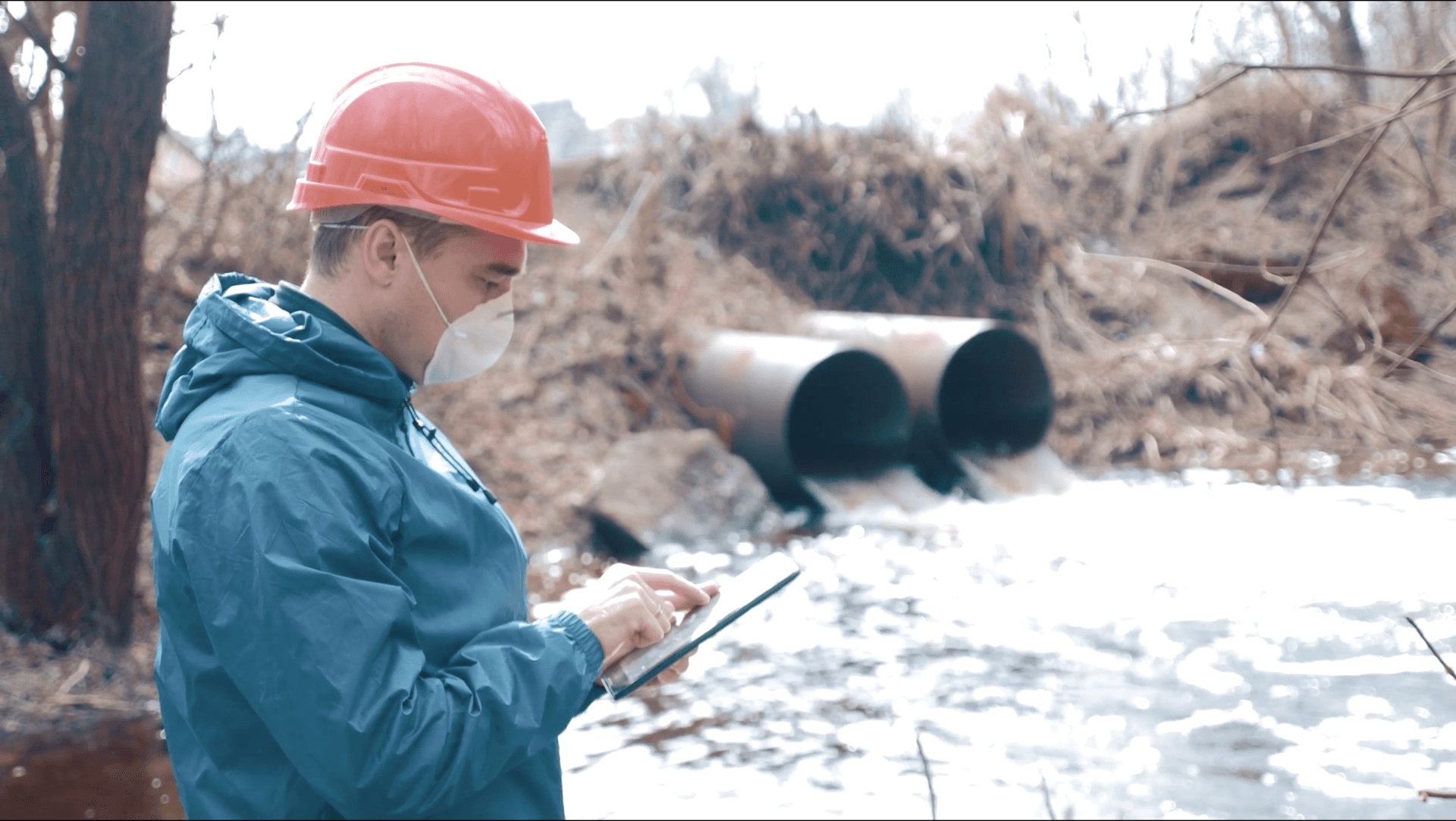Admin
August 3, 2021
Technology shining new light on old problems


Alarming increases in water pollution are being reported in the UK, but there’s a growing success story behind the apparent failings. New technologies are improving oversight and defining challenges more accurately than ever before, pointing the way to a cleaner future.
If you’ve been keeping up with the press coverage over the past few months, it seems Britain’s waterways are in crisis. Pollution events are at record levels, natural habitats are in decline, human health is at risk, and water companies seem woefully ill equipped to deal with the situation.
But is that the whole picture?
All the water news coming out of the UK recently has been bad.
In March, it was announced that 2020 saw more than 400,000 sewage spills into the UK’s waterways, totaling more than 3 million hours of continuous discharge.
The state of Britain’s waterways has been the subject of high-profile documentaries and national media coverage, with The Guardian, The Telegraph, the BBC, The Times, and The Financial Times all covering the story regularly in the last few months.
In April, the BBC aired a special Panorama program, showcasing the ‘scandalous’ way in which the country’s waters are being abused. Rivercide.tv followed in July with a live broadcast from the ‘dying’ river Wye – a protected ‘area of outstanding natural beauty’ for the last 50 years – choked by nutrient induced algal blooms.
At the beginning of July 2021, Southern Water, one of the UK’s largest water companies, pleaded guilty to 51 charges relating to nearly 7,000 unpermitted sewage discharges off England’s southern coast between 2010 and 2015, resulting in fines of £90m – a record such punishment issued by the UK Environment Agency.
At the sentencing, the Honourable Mr Justice Johnson said, even in isolation, “each of the 51 offences… shows a shocking and wholesale disregard for the environment, for the precious and delicate ecosystems along the North Kent and Solent coastlines, for human health, and for the fisheries and other legitimate businesses that depend on the vitality of the coastal waters.”
Coming only two years after Southern Water’s last high profile pollution offence (the cause of a £3m fine, and a £123m rebate for customers), the picture seems fairly bleak… but at least we can see it.
The situation is bad, yes, there’s no denying it, but at least we know about it and can start to work to find solutions.
As new monitoring and analytic approaches are introduced, the picture of UK water health is getting clearer every day. We may not like what we see, but today we can see the extent of a problem that yesterday we knew very little about.
Water companies have been polluting the UK’s waterways for years, but now they’re being caught.
It seems strange to say so, but we should be taking heart from these stories, as much as we despair.
Improved wastewater monitoring techniques and data availability have gone hand in hand with the troubling headline findings, with increased automation available to partially mitigate the reduction in human inspections.
In 2020, the number of reported stormwater overflows resulting in sewage spills, increased by 37%. At first glance, this is a huge jump, but when considering the figure in light of a 46% increase in storm overflow monitoring, the Environment Agency think it is likely incidents are, in fact, stable.
The main difference? We know about them now, and once we know about a problem, we can do something about it.
Automated monitoring of storm overflows, wastewater collection networks, and discharge outlets is changing how we see our waterways; forcing us to confront difficult truths of which we’ve been ignorant for too long.
The findings are bleak and we have work to do, but understanding the extent of the task is essential if we’re to be successful in solving the problem.
Your wastewater contains the data.
We just need to extract it so that you can optimize your operations.
Contact us and a member of our team will get back to you as soon as possible.



